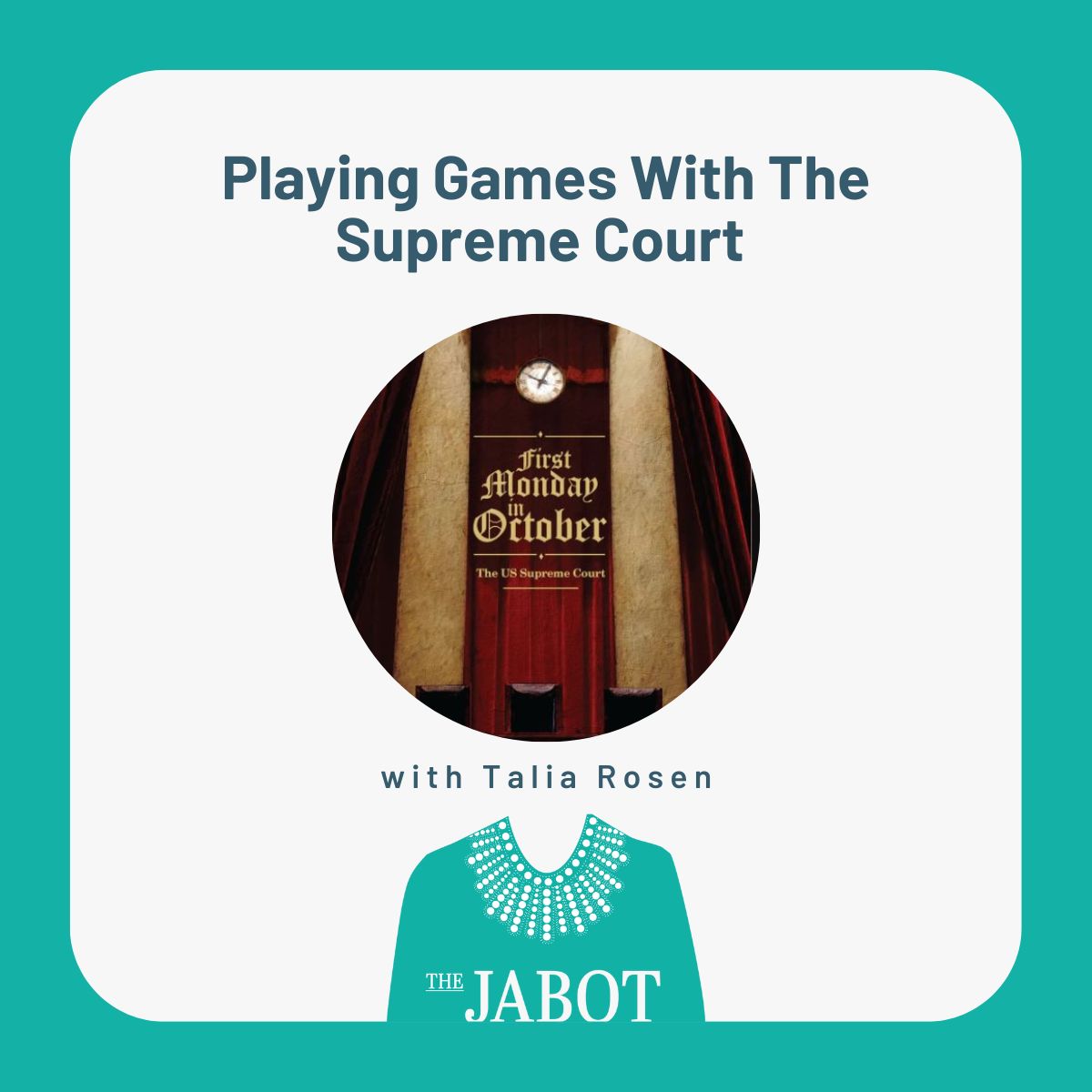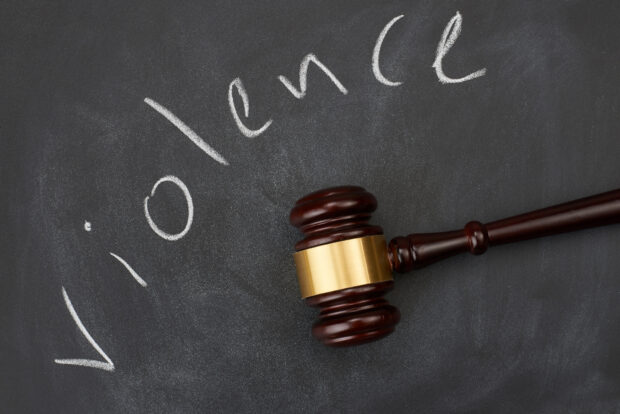Totally Serious And Not Made-Up Group Hijacks Michigan Law Listserv To ‘Preserve Evidence’ And Expose ‘Unworthy’ Students
You could read the email, but be warned: it reads like someone who didn't get onto Law Review wrote it. The post Totally Serious And Not Made-Up Group Hijacks Michigan Law Listserv To ‘Preserve Evidence’ And Expose ‘Unworthy’ Students appeared first on Above the Law.


It didn’t take long after SFFA v. Harvard before the right set aim to widen what the holding makes unconstitutional. There have been several feints against law reviews with shady standing issues, like when Stephen Miller tried to sue NYU Law Review on behalf of someone who didn’t even apply or when FASORP tried to sue Northwestern on behalf of White professors, who again, didn’t even apply.
FASORP is back, and this time they’re targeting Michigan Law. Somehow, the organization found a way to email everyone at the school a glove to the face, accusing their Law Review of unconstitutional racial preferencing and threatening to doxx whoever they ultimately find to be unworthy.
Here’s a snippet of the email:
Doubtless there are some 1Ls who have been intending to trumpet their demographic characteristics in the “personal statements” that they submit to the Law Review, in the hopes of obtaining a diversity bonus and stealing a place on the journal from a more deserving student with better grades and better scores on the writing competition. We strongly suggest that you reconsider this strategy, despite the past success of others who have used their race, sexual proclivities, or gender non-conforming behavior to obtain positions on the Law Review that they did not deserve. FASORP will subpoena every personal statement in discovery, and if we uncover evidence that you obtained your spot on the Law Review through race or sex preferences then you be exposed as a DEI hire on social media. FASORP will also notify your future employers that your Law Review credential is tainted and should be disregarded.
First things first: what’s with all this harping on skipping over students with better grades? Surely the FASORP bros read the prospective applicant packet before they typed up all this whining. Full disclosure, I’m basing what follows on a Michigan Law Review application packet from 2014 and am making the assumption that the text of more recent application packets has been consistent. With that out of the way, the Law Review goes out of the way to make it clear that grades aren’t the big determinant when it comes to selection:
The Law Review has no GPA cutoff. An applicant’s performance in the Writing Competition is a more significant factor in the selection process than her GPA.
The Law Review application process is blind. Student reviewers will only see an applicant’s Competition ID number. No member of the Law Review will know what combination of factors, including grades, led to any individual’s acceptance to the Law Review.
Besides the writing competition scores, the Law Review clearly states two other factors that applicants will be evaluated for: a strong work ethic and a cooperative and enthusiastic attitude. Now, I’m going to say this as plainly as I possibly can for all the readers out there: writers can mention (or give grounds for inferences about ) race without trying to appeal to some “diversity bonus” as FASORP is trying to frame it. For example, here’s a series of examples I whipped up that FASORP and the like may see as “clear” racial smoking guns that are just people trying to give examples of things that would show their strong work ethic or cooperative attitude:
- I’ve been a member of the Girl Scouts ever since I was a pre-teen. That instilled in me a sense of communal belonging and a value in sharing the work load with my friends. And while I didn’t expect it to shape me this far out in my life, I’ve noticed how that training has encouraged me and members of my study group to remain focused in our study sessions.
- My uncle was a Pastor at First African Baptist Church. Each Sunday, his sermons came off as effortless, but in the days prior, I’d see him spend days preparing for sermons, rehearsing them, and editing his notes. That taught me that polished work takes a lot of elbow grease. I’ve carried that sentiment with me ever since. It was especially helpful in helping me win my first Urban Debate League Debate Tournament.
- As a female veteran, I’ve overcome a lot of what you could call high-stakes team work exercises. From them, I’ve learned that the best leaders are the ones that get their hands dirty and work with you. Commanders who bark orders might get the job done, but on balance they’re really bad for morale. That’s why I do what I can to make sure that whoever is on my team is able to keep a level head and buckle in for the hard times without letting the stress get to their heads and weigh us all down.
Based off of these faux personal statement excerpts, you can assume that these applicants are members of a protected class. The third example just comes out and says it, but you can infer from the first example that the applicant is a woman and from the second that the applicant is Black. You can also infer from these three examples that these would be people you’d be willing to work 150 hours with on top of your usual law school course load as the application packet warns. Now, why in the hell would you pick someone with a higher writing competition grade and a poor to average personal statement when you could pick from one of the candidates above — even if they didn’t score the highest on the written component?
Put differently, what if the people with higher written scores got thrown in the “generally unpleasant to be around” bucket? What if, and stick with me now, their immediate tendency to conclude that there must have been some plot to steal what was rightfully theirs is symptomatic of their curmudgeonly entitlement? There’s no guarantee that the three fake students above would get in on just the personal statement alone — and I’m sure there are a bunch of applicants at Michigan whose compelling stories and good writing scores go hand in hand — but to paint the application process as a mechanical assessment of highest GPAs and highest writing scores doesn’t just miss the point, it shows a failing to appreciate the criteria for acceptance that the Law Review is going for. Because again, even if they didn’t get the highest score, by completing the application, they’ve shown that they can do the work. Sounds qualified to me! And to that you might say, “Well if I were the one making the decisions, I would have picked someone else!” Here’s the kicker, you aren’t! And hating from outside of the club just makes you look more insufferable. In fact, you might be better off channeling some of that spite into soft skills so that you’ll have better odds the next time you’re in the running for a gig that has camaraderie as a make or break component.
You can read the full threat message on the next page.
Earlier: Northwestern Law School Sued For Having ONLY 83 Percent White Faculty

Chris Williams became a social media manager and assistant editor for Above the Law in June 2021. Prior to joining the staff, he moonlighted as a minor Memelord™ in the Facebook group Law School Memes for Edgy T14s. He endured Missouri long enough to graduate from Washington University in St. Louis School of Law. He is a former boatbuilder who cannot swim, a published author on critical race theory, philosophy, and humor, and has a love for cycling that occasionally annoys his peers. You can reach him by email at cwilliams@abovethelaw.com and by tweet at @WritesForRent.
The post Totally Serious And Not Made-Up Group Hijacks Michigan Law Listserv To ‘Preserve Evidence’ And Expose ‘Unworthy’ Students appeared first on Above the Law.











































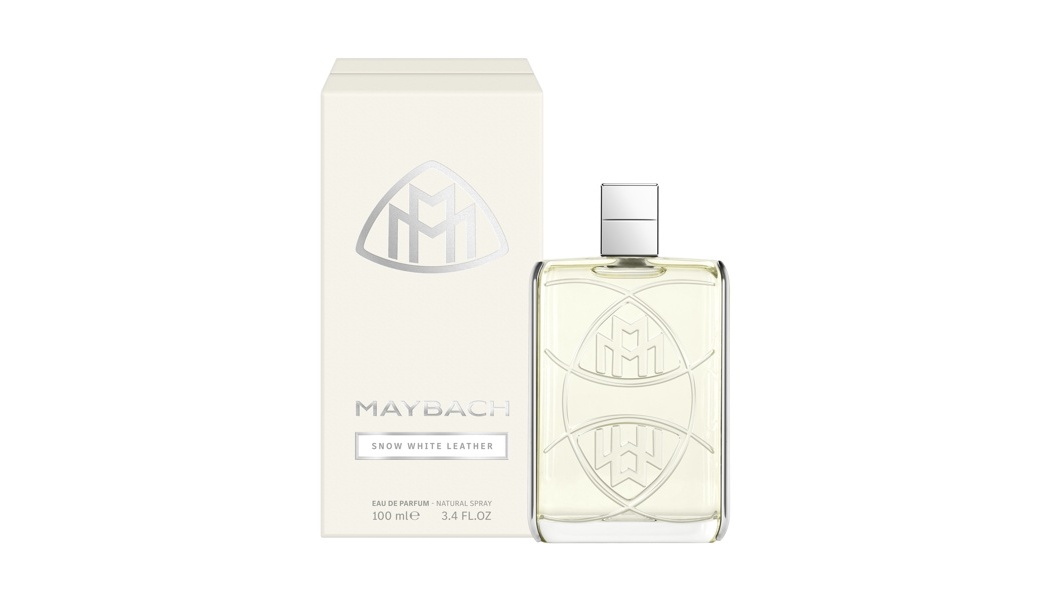
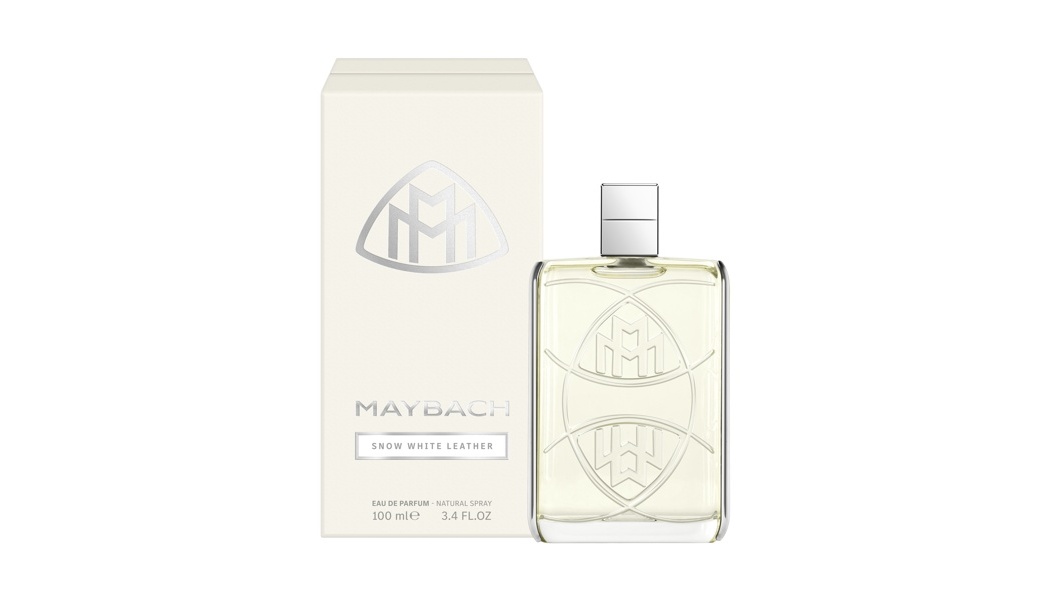

















































































































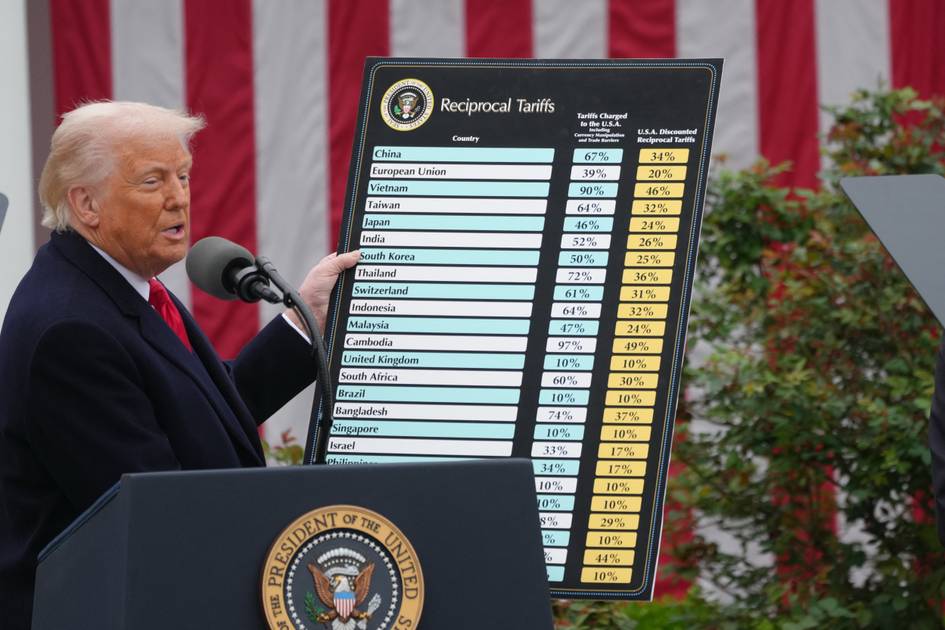










.jpg)



